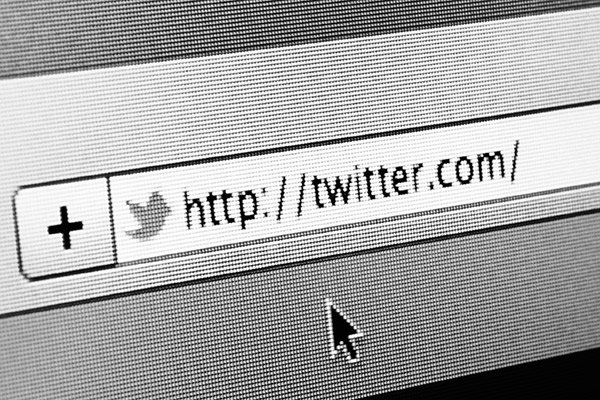It’s been said before that Conservatives don’t ‘get digital’ and that it’s only a space for parties of the centre left to inhabit. Indeed over in the US, both John McCain and Mitt Romney’s Presidential campaigns failed to match the social media groundswell behind Obama’s original and re-election campaigns. However, evidence suggests the social media operation at Conservative Party HQ is growing, with this year’s party conference tactics indicating the course of travel for next year’s General Election campaign.
Using the hashtag #CPC14 across its digital collateral, the Party created a collection of shareable content focusing on each day’s major policy announcements and themes. Just before Health Secretary, Jeremy Hunt’s speech, the party launched a new page on its ‘Share the Facts‘ Tumblr website discussing its proposed policy to give people access to GPs’ surgeries 7 days a week. During David Cameron’s speech on the final day of the conference, a similar page on the party’s policy to raise the threshold on the 40p tax rate gained 1,249 likes on Facebook. These pages, which the Party shared across its social media channels gained considerable traction, presenting new policy and top line statistics on work carried out while in government in a bulleted, easy to absorb format.
Alongside these, there was also considerable use of policy themed tweet graphics during the conference, from one on the number of apprenticeships created during this Parliament which gained over a thousand ‘likes’ to another containing a quote from Cameron’s speech which gained 3,500 Facebook “likes.” Most strikingly, the graphics that concentrated on personal values rather than on government statistics and tangible future promises were the most successful in engaging audiences over the conference period – a sign of things to come in the run up to 2015 perhaps.
On Twitter, the Party employed both its accounts – @Conservatives and @CCHQPress, with each taking on different tones to engage separate audiences during the conference. While the latter focused on engaging the Westminster Bubble, concentrating on tweeting out lines of attack and rebuttal to Labour and UKIP’s teams, the main party account appealed to a wider audience, tweeting out the assorted collection of tweet graphics in symphony with their posting- on Facebook, as well as videos and top quotes from the conference speeches.
Interestingly the one ‘attack’ strategy shared across the Conservatives’ social channels focused on Nigel Farage, whom the tweet graphic describes as “just making it up as he goes along,” in a reference to the UKIP leader’s supposed U-turn on a luxury goods tax policy. While the debate below the graphic was more contentious than those relating to content on Conservative policy, it received a higher number of shares relative to the others (691) with over a thousand people “liking” the content and another 173 retweeting it.
Nigel Farage is just making it up as he goes along. RT this to let friends know. pic.twitter.com/boJlnh0Phw
— Conservatives (@Conservatives) September 29, 2014
So how did the conference hashtag do? Interestingly slightly better than Labour’s, with 190,733 tweets mentioning #CPC14 over the course of the conference, with the peak occurring during David Cameron’s speech on the last day.
We also analysed the content of these tweets, finding that the most common keywords used outside the obvious included “Cameron”, “tax” and “cuts.”
With one of next year’s General Election debates due to take place online, all parties are gearing up to what will be the first real UK campaign to involve social media on a serious scale, with each key political event in the run up acting as a testing site for the main showdown to come. While Labour may still have the advantage in this field with an altogether younger audience that is heavily engaged on social media, this year’s conference has demonstrated the Conservatives are certainly not to be discounted on the digital front.
Explore the Road to the Manifestos – our guide to the people, processes and policies that matter in the lead up to the 2015 General Election.

